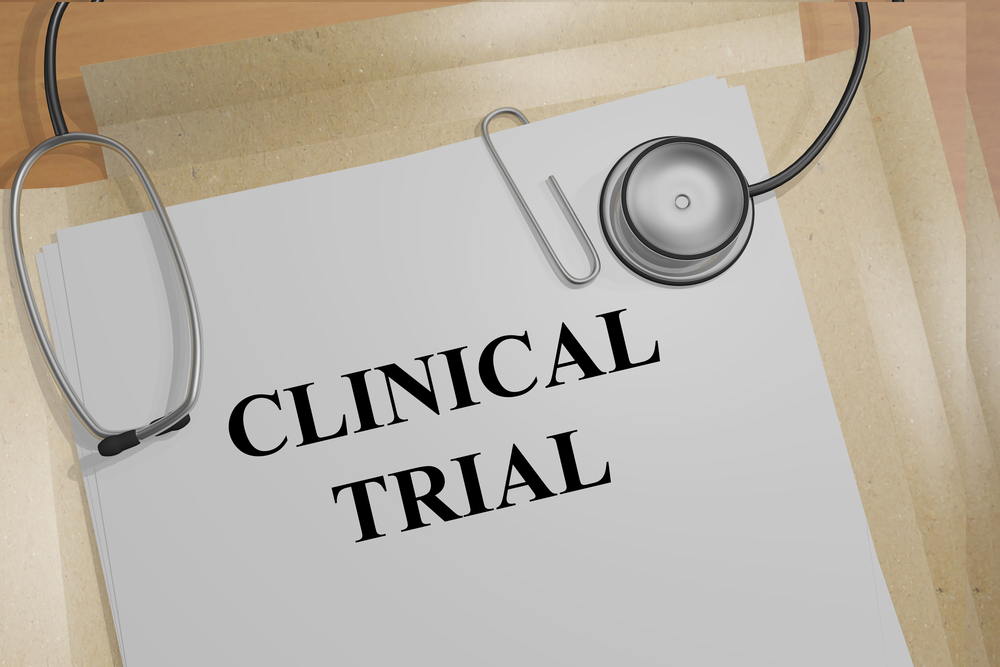ACCoRd Trial to Test Ninlaro Treatment for ASCT-Relapsed Multiple Myeloma

A new Phase 3 clinical trial called ACCoRd is underway to investigate the benefits of adding Ninlaro (ixazomib) – a proteasome inhibitor – to the conditioning regimen prior to a second stem cell transplant in patients with relapsed multiple myeloma.
The protocol for ACCoRd is outlined in an article, titled “The role of ixazomib as an augmented conditioning therapy in salvage autologous stem cell transplant (ASCT) and as a post-ASCT consolidation and maintenance strategy in patients with relapsed multiple myeloma (ACCoRd [UK-MRA Myeloma XII] trial): study protocol for a Phase III randomised controlled trial,” in the journal Trials.
Chemotherapeutic treatment for myeloma can be broken down into three main stages. The first is induction therapy, which is conducted to reduce the number of myeloma cells in the body prior to autologous stem cell transplantation (ASCT). The second is consolidation, which is administered after ASCT. The goal of consolidation is to improve the effects of ASCT, as well as to keep patients in remission longer. Finally, maintenance therapy, usually given over a longer period of time, helps keep patients in remission and prevents relapses.
The advent of new and innovative drugs such as proteasome inhibitors and immunomodulatory agents have expanded treatment options for patients with multiple myeloma. Despite the use of these new drugs, almost all patients tend to relapse after ASCT, the first-line therapy.
In recent years, patients with relapsed myeloma are increasingly undergoing a second ASCT, known as salvage ASCT. A Phase 3 clinical trial – Myeloma X (NCT00747877) – has shown this treatment is associated with significant improvement in progression-free survival and overall survival.
As a follow-up to Myeloma X, British researchers are conducting the Phase 3 ACCoRd trial (ISRCTN10038996), also known as Myeloma XII, which is a U.K.-wide, multi-center, multiple randomization, open-label trial for myeloma patients who relapsed after ASCT first-line treatment.
The primary objective of ACCoRd is to determine whether supplementing the conditioning regimen – the treatment used to prepare a patient for stem cell transplantation – will improve the patient’s response to treatment. A secondary goal is to determine whether a better response could be achieved for salvage ASCT using a consolidation/maintenance strategy.
Participants in the trial first will undergo re-induction therapy using four to six cycles of the proteasome inhibitor Ninlaro, and the immunomodulatory agents thalidomide and dexamethasone.
Then, patients that are stable after the re-induction therapy will be randomized to receive one of two conditioning regimens. The first group will be given the standard conditioning regimen of high-dose melphalan, and the second group will be given an augmented conditioning regimen of high-dose melphalan with Ninlaro. The patients will then undergo salvage ASCT.
Patients that either achieve minimal or better response after salvage ASCT will then be randomized to either undergo consolidation/maintenance therapy or just observation. Patients that randomized to consolidation/maintenance will be given two cycles of Ninlaro, thalidomide and dexamethasone for consolidation and Ninlaro for maintenance.
All patients that are part of the the ACCoRd trial who undergo re-induction treatment will be followed up until progression, death or withdrawal from trial. Researchers began recruiting patients in March 2017, and already have exceeded the predicted recruitment for February 2019.
Researchers are hopeful that results from this study will “provide evidence to better define post-relapse treatment in [multiple myeloma].”






